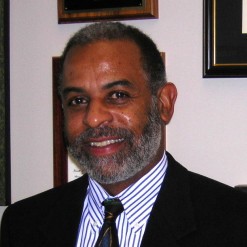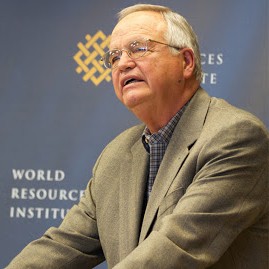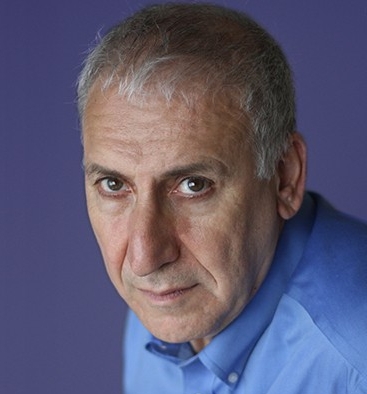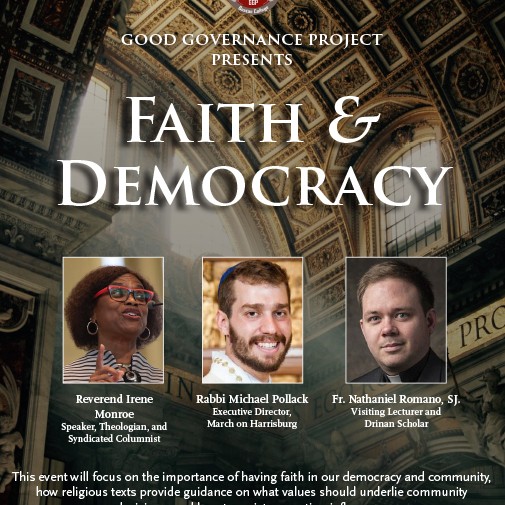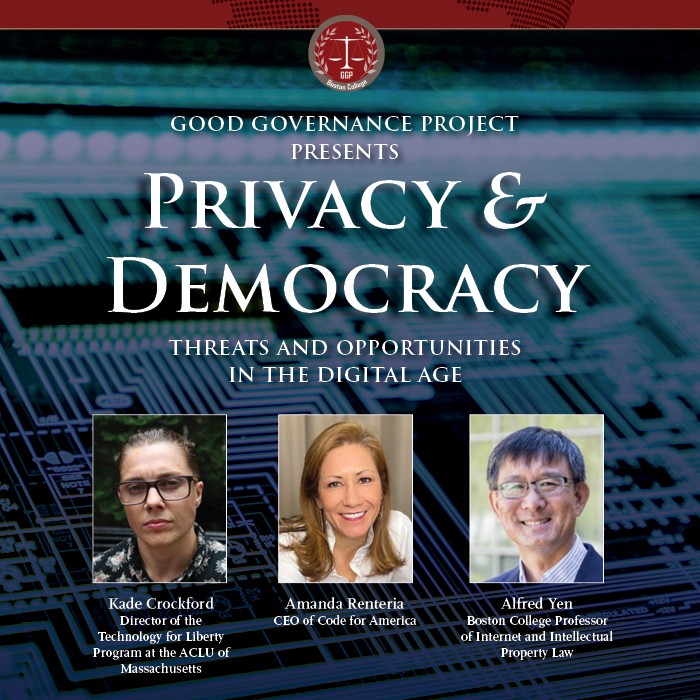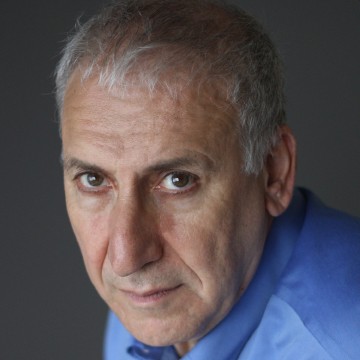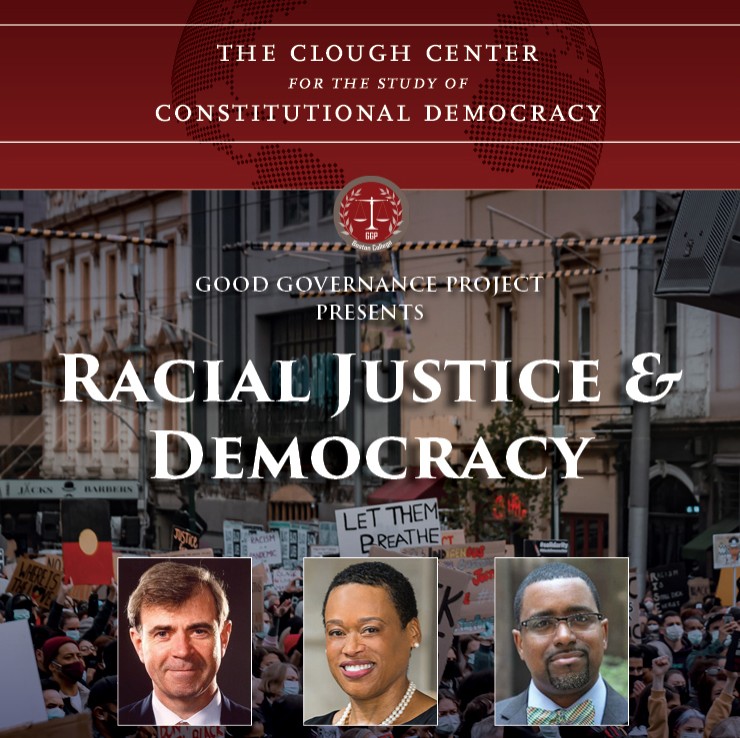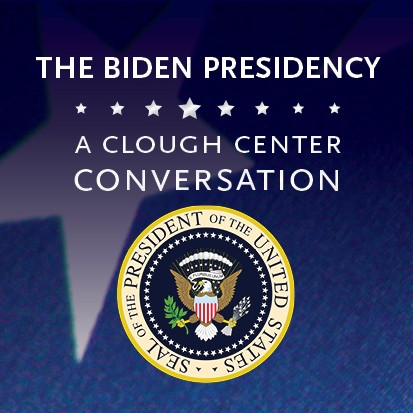Spring 2021 Events
Upcoming Events
Due to concerns regarding the coronavirus (COVID-19) and in keeping our campus community safe, all Clough events will be virtual. Registration will be required.
Climate Constitutionalism Series
Constitutional Environmentalism and Environmental Justice
With Barry E. Hill
Adjunct Professor of Law at Vermont Law School, and a Visiting Scholar at the Environmental Law Institute
Former Director of the Office of Environmental Justice at the U.S. Environmental Protection Agency, a leading authority on systemic environmental inequities
Wednesday, April 28, 2021 | 12:00 p.m. | Online via Zoom
Registration is required. Zoom link will be sent before the day of the event.
Free and open to the public.
Climate Constitutionalism Series
Alternatives to a Failed Economy
With Dr. James Gustave Speth
Co-founder of the Natural Resources Defense Council, former Dean of the Yale School of the Environment, and everything else in between, a leading intellect in the field
Thursday, April 22, 2021 | 12:00 p.m. | Online via Zoom
Registration is required. Zoom link will be sent before the day of the event.
Free and open to the public.
The Clough Arts and Culture of Democracy Series:
Private Grief and Public Woes: Poetry and a Renewed Public Discourse
Join us as Ed Hirsch presents poems about heartbreak and grief, both individual and collective, against a background of the history of poetry and democracy in America. The poems in his new anthology, 100 Poems to Break Your Heart, offer expressions of grief and tumult, opening possibilities for renewal of our much-frayed public culture.
Tuesday, April 20, 2021 | 6:00PM-7:00PM | Virtual Event
Registration is required. Zoom link will be sent before the day of the event.
Ed Hirsch
Edward Hirsch, a MacArthur Fellow, has published ten collections of poems, including Gabriel: A Poem (2014), a book-length elegy for his son, and Stranger by Night (2020). He has also published six prose books about poetry, which include A Poet’s Glossary (2014), a full compendium of poetic terms, and his new book, 100 Poems to Break Your Heart (2021). He is President of the John Simon Guggenheim Memorial Foundation.
Free and open to the public.
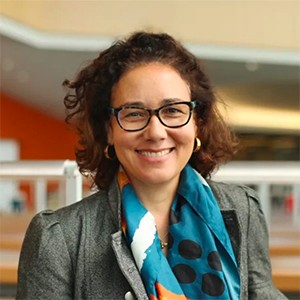
Register for Webinar
Climate Constitutionalism Series
Impacts of Climate Change on Communities of Color in the U.S. and Internationally
With Dr. Lisa Benjamin
Lewis & Clark Law School and a member of the Kyoto Compliance Committee
Thursday, April 15, 2021 | 6:00 p.m. | Online via Zoom
Registration is required. Zoom link will be sent before the day of the event.
Free and open to the public.
Professor Lisa Benjamin, the newest faculty member of Lewis & Clark Law School’s Environmental, Natural Resources, and Energy Law Program, has been appointed to be a member of the Compliance Committee of the United Nations Framework Convention on Climate Change (UNFCCC), for a three-year term from 2019-2021.
Good Governance Project Presents
Faith & Democracy
Moderated by Ian Ramsey-North
This event will focus on the importance of having faith in our democracy and community, how religious texts provide guidance on what values should underlie community decisions, and how to resist corrupting influences.
Co-sponsored by the Jewish Law Students Association
Tuesday, April 13, 2021 | 6:00PM-7:00PM | Webinar via zoom
Registration is required. Zoom link will be sent before the day of the event.
Free and open to the public.
Speakers:
Reverend Irene Monroe
Speaker, Theologian, and Syndicated Columnist
Rabbi Michael Pollack
Executive Director, March on Harrisburg
Fr. Nathaniel Romano, SJ.
Visiting Lecturer and Drinan Scholar
Good Governance Project Presents
Privacy & Democracy: Threats and Opportunities in the Digital Age
Moderated by Deborah Hurley, Professor of Privacy Law and Computer Science at Boston College, Brown, and Harvard University
Please join us for a conversation on privacy, technology and democracy. We will discuss how privacy is an integral part of democracy and community, how technology can limit or enhance democracy, and the barriers to privacy and technology reforms.
Co-sponsored by BC Law’s Intellectual Property & Technology Forum
Wednesday, March 24, 2021 | 6:00PM-7:00PM | Webinar via zoom
Registration is required. Zoom link will be sent before the day of the event.
Free and open to the public.
Speakers:
Kade Crockford
Director of the Technology for Liberty Program at the ACLU of Massachusetts
Amanda Renteria
CEO of Code for America
Alfred Yen
Boston College Professor of Internet and Intellectual Property Law
The Clough Arts and Culture of Democracy Series:
The Political Life of Poetry: Reimagining the Culture of Democracy
Join us as we revisit “The Political Life of Poetry,” first explored in the 2014 Clough Arts and Democracy series. Poet Ed Hirsch returns to explore themes first raised in that series, in light of developments in both our political life and our poetry.
Tuesday, March 23, 2021 | 6:00PM-7:00PM | Virtual Event
Registration is required. Zoom link will be sent before the day of the event.
Ed Hirsch
Edward Hirsch, a MacArthur Fellow, has published ten collections of poems, including Gabriel: A Poem (2014), a book-length elegy for his son, and Stranger by Night (2020). He has also published six prose books about poetry, which include A Poet’s Glossary (2014), a full compendium of poetic terms, and his new book, 100 Poems to Break Your Heart (2021). He is President of the John Simon Guggenheim Memorial Foundation.
Free and open to the public.
Good Governance Project Presents
Racial Justice & Democracy
Moderated by BC Law Student, BLSA Treasurer, Jordan Wilson, with Introductory Remarks by BC Law Dean Vincent Rougeau
Co-sponsored by the BC Black Law Students Association
Thursday, March 11, 2021 | 12:00PM-1:00PM | Webinar
Registration is required. Zoom link will be sent before the day of the event.
Free and open to the public.
Speakers:
William Galvin
Massachusetts Secretary of State
Melissa Nobles
Kenan Sahin Dean of the MIT School of Humanities, Arts, and Social Sciences, and Professor of Political Science
Rahsaan Hall
Director of the Racial Justice Program for the American Civil Liberties Union (ACLU) of Massachusetts
The Biden Presidency, A Clough Center Conversation
Moderated by Vlad Perju, BC Law School, Director of the Clough Center
Monday, February 15, 2021 | 1:00PM-2:00PM | Panel Discussion, Webinar
Registration is required. Zoom link will be sent before the day of the event.
Free and open to the public.
Speakers:
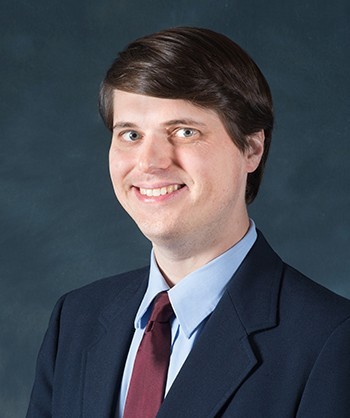
David Hopkins
BC Professor of Political Science
His research and teaching interests include American political parties and elections, the U.S. Congress, voting behavior, public opinion, media and culture, and research methods. His book Red Fighting Blue: How Geography and Electoral Rules Polarize American Politics (Cambridge University Press) explains how the rise of the culture war, in combination with winner-take-all elections, has produced a regionally divided electorate and an ideologically polarized party system in the United States. Paul Pierson of the University of California, Berkeley described Red Fighting Blue as “path-breaking” and “brilliant,” while Alan Abramowitz of Emory University wrote that “anyone interested in understanding American politics in the 21st century will find David Hopkins’ analysis of the geographic underpinnings of our polarized politics to be extremely helpful." Red Fighting Blue was rated "essential” and named an Outstanding Academic Title by Choice Magazine.
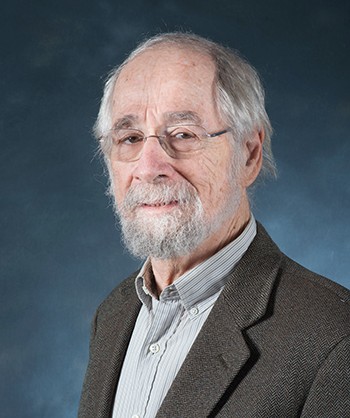
Marc Landy
Recipient of the 2009 Teaching Award, Faculty Chair of the Boston College Irish Institute, BC Professor of Political Science
He and Sidney Milkis wrote Presidential Greatness (Kansas U. Press, 2000) and a textbook American Government: Balancing Liberty and Democracy, the third edition of which will appear in 2011. He is an author of The Environmental Protection Agency From Nixon to Clinton: Asking the Wrong Questions (1994). He is an editor of Creating Competitive Markets: The Politics and Economics of Regulatory Reform (2007); Seeking the Center: Politics and Policymaking at the New Century (2001); and The New Politics of Public Policy (1995). His recent articles include: "Terror and the Executive," National Affairs, Spring 2010; EPA and Nanotechnology: The Need for a Grand Bargain?, in Christopher J. Bosso, ed., Governing Uncertainty: Environmental Regulation in the Age of Nanotechnology (Washington DC: RFF Press, 2010); (Sidney Milkis, co-author), The Presidency in the Eye of the Storm, The Presidency and the Political System, Ninth Edition (CQ Press, Washington DC. 2010); "Mega-Disasters and Federalism," Public Administration Review, Vol. 68, Issue 6, October 2008; and "Great Presidents are Agents of Democratic Change," in Richard Ellis and Michael Nelson, eds., Debating the Presidency, CQ Press, 2006.
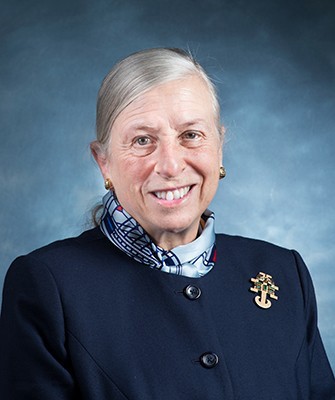
Kay L. Schlozman
J. Joseph Moakley Endowed Professor of Political Science at Boston College
Among her professional activities, she has served as Secretary of the American Political Science Association and as chair of the APSA’s organized section on Elections, Public Opinion and Voting Behavior. She is the winner of the APSA’s 2006 Frank Goodnow Award for Distinguished Service to the Profession of Political Science; the 2016 Samuel Eldersveld Career Achievement Award; and the American Political Science Association’s 2018 Warren E. Miller Lifetime Achievement Award, which honors an outstanding career of intellectual accomplishment and service to the profession in the field of elections, public opinion, and voting behavior. She is a fellow of the American Academy of Arts and Sciences.


